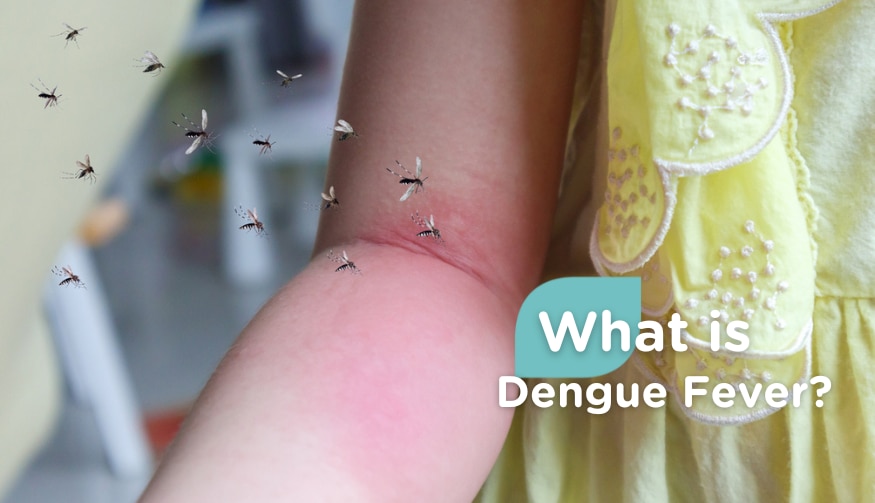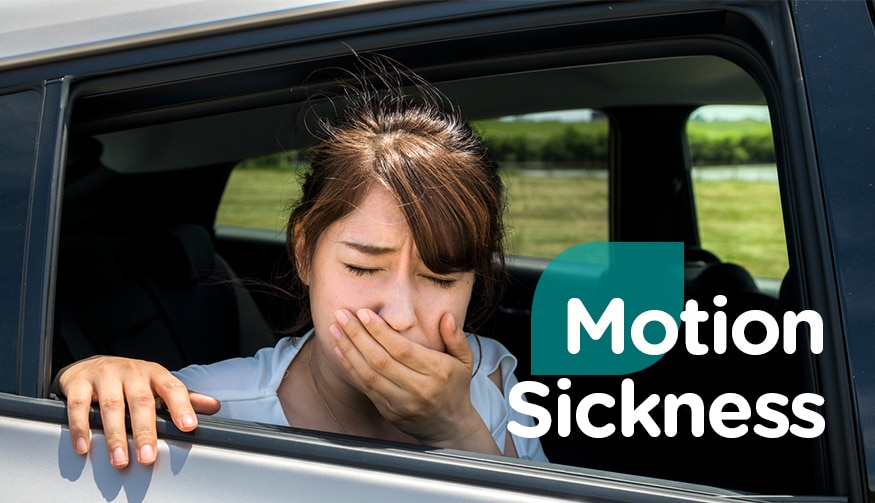Dengue fever is a viral illness transmitted by mosquitoes, primarily affecting tropical and subtropical regions. Understanding the causes, symptoms, and treatments of dengue fever is crucial for prevention and management. In this blog, we’ll explore how dengue spreads, recognize its symptoms, and discuss effective treatments to combat this serious disease. Stay informed to protect yourself and your loved ones from dengue fever!
What is dengue fever?
Dengue fever is transmitted by the mosquitos infected by four different types of dengue viruses. Dengue viruses are commonly found in tropical and subtropical regions like Central and South America, Africa, parts of Asia, and the Pacific Islands.
Dengue fever isn’t contagious from person to person. But it can pass from a pregnant woman to their babies.
Symptoms are usually mild with the first infection. If you get another infection with a different dengue virus, the risk of severe conditions goes up.
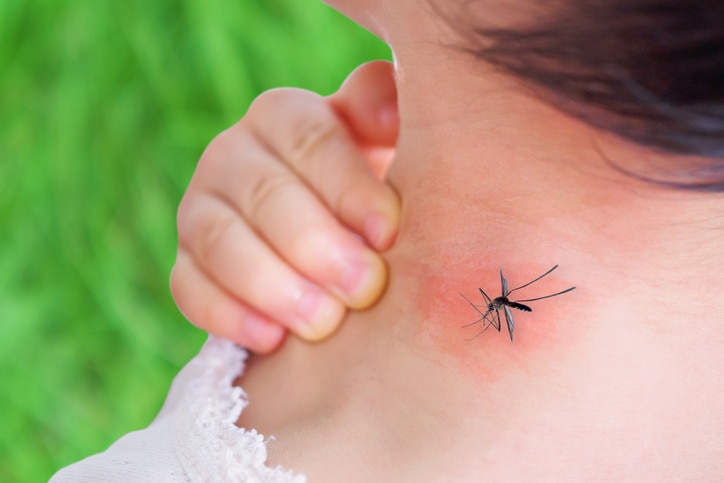
What causes dengue fever?
Dengue fever is caused by four dengue viruses. When a mosquito infected with the dengue virus bites you, the virus can enter your blood and make you feel sick.
These dengue viruses can destroy parts of your blood that form clots and give structure to your blood vessels. This can lead to internal bleeding and fatal conditions.
A person can have dengue fever more than once. They will become immune to the specific virus that caused dengue fever though they will not be immune to another three viruses.
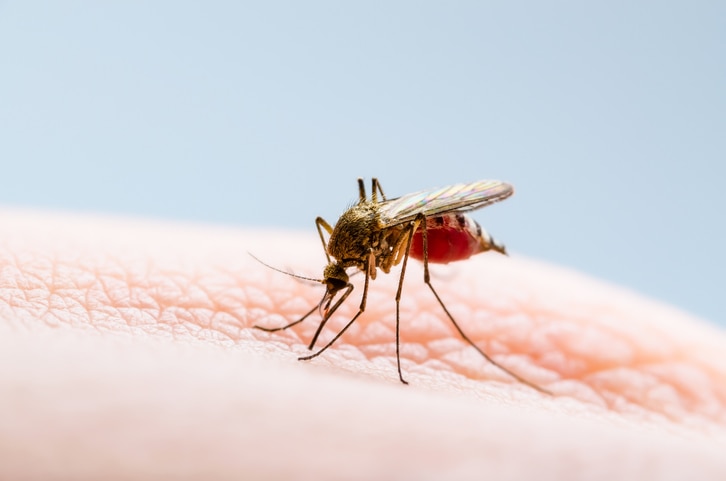
Symptoms of dengue fever
- Develop within 4-10 days after being bitten by an infected mosquito
- Sudden high fever (>40°C) that lasts for 2-7 days, with at least 2 of the following symptoms:
- Headache
- Pain behind eyes
- Nausea and vomiting
- Swollen glands
- Joint, bone or muscle pains
- Skin rashes
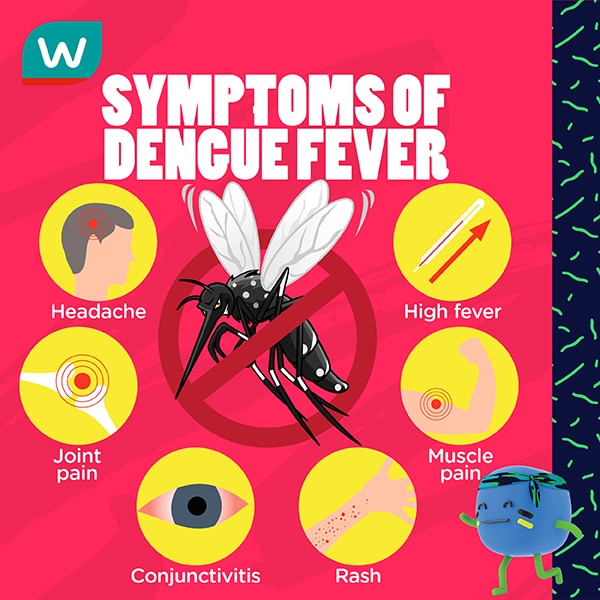
Warning Signs for Emergency
- Abdominal pain or tenderness
- Persistent vomiting or persistent fever
- No urine output for 4 to 6 hours
- Signs of bleeding e.g. under skin, nose, gums, bloody or black tarry stools, blood in vomit
- Feeling very tired, dizziness, restlessness and altered mental state
If you have these warning signs, hospitalisation and aggressive emergency treatment with fluid and electrolyte (salt) replacement and/or blood transfusions may be necessary.
Treatment for dengue fever
There is no specific medicine to treat dengue fever. What you can do is mainly control symptoms.
Here are the at-home tips:
- Get plenty of rest
- Drink lots of water and stay hydrated
- Use Paracetamol to reduce fever and pain
- Avoid aspirin and NSAIDS e.g. ibuprofen, naproxen due to an increased risk of bleeding
- Minimise intensive activities that increase the risk of injury
- Avoid brushing your teeth or blowing your nose if decrease platelet count
How to prevent dengue fever?
The best prevention way of dengue fever is to avoid infected mosquitos biting you. Here are some recommendations for you.
- Use mosquito repellents both outdoors and indoors
- Wear long-sleeved shirts, long pants, and socks when outdoors
- Close all windows and doors and make sure they are free of holes.
- Use mosquito nets when you are sleeping






